How Often Should You Wash Your Face For Clearer Skin?
Embrace a meticulous cleansing routine to achieve healthier and clearer facial skin.
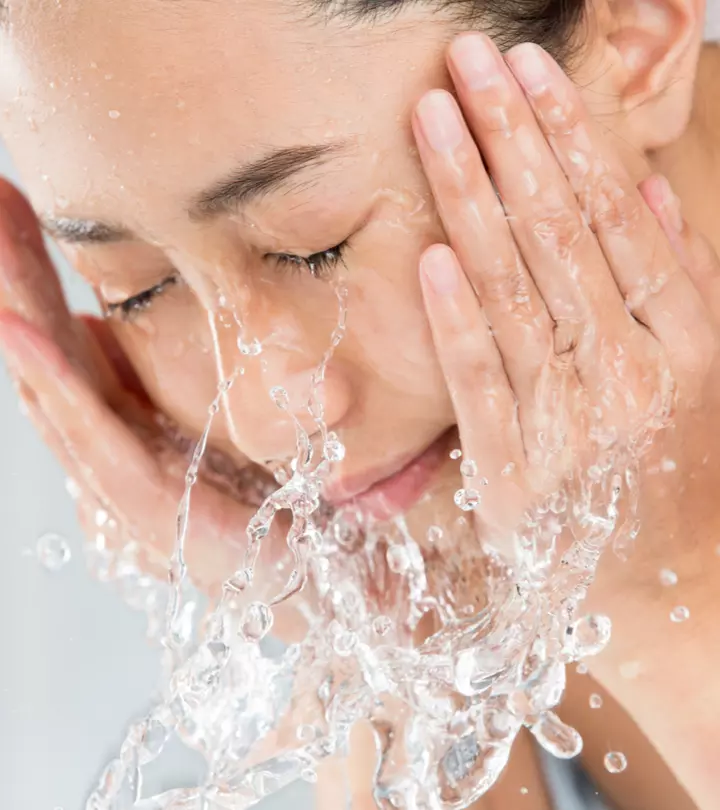
How often should you wash your face? This question has always started a passionate discussion in the world of skin care. Since we all have different lifestyles and skin types, it is not easy to answer this. Your skin behaves in different ways in different climates and to various products. However, let us delve deep into the topic and try to find some answers. Read on.
In This Article
How Often Should You Wash Your Face?
When you google questions like “How often should I wash my face?” or “How many times a day should you wash your face?”, you often get results that are one-size-fits-all. But, the answer varies with different skin types, climates, skin care products, eating habits, lifestyles, and skin conditions. Yes, your daily skin care routine must be tailor-made for you!
So, drawing from that, there is no right answer to how often you must wash your face. While most dermatologists and skin experts advise washing your face for 60 seconds twice per day, you may have to wash it a few more times in situations like after a workout, a day outdoors, humid weather, etc.
Every time you wash your face, you are cleaning all the sweat, oil, dirt, pollutants, and dead skin cells from your pores. Doing so brightens and refreshes your face. However, washing your face too many times can actually strip away your skin’s natural oils and moisture which it needs to keep itself hydrated, thereby leading to dry and inflamed skin.
Also, whenever you wash your face, make sure you are using a gentle face wash or cleanser to avoid any skin irritation, rashes, or inflammation.
Find out when you should wash your face more than twice in the next section.
When Should You Wash Your Face More Than Twice?
Though it is a common practice to limit the number of times you wash your face to two times per day, there are exceptions to this “rule” in some situations.
If you are active and spend a significant amount of time exercising, you may want to wash your face after your workout session to remove all the sweat and oil. If you apply makeup quite often, it is essential to remove it with a makeup remover and follow up with facial cleansing. Not washing your face after both these situations can lead to skin problems.
Another factor to consider while washing your face more than twice is the climate of the place you live in. Hot and humid weather may make you wash your face more than twice a day, while in a less humid or dry and cold climate, you may want to wash your face less often. Also, warm weather causes more sweating, which requires more cleansing. On the other hand, in cooler temperatures, you are less likely to sweat and, therefore, need to wash your face less often.
If you follow a daily skin routine that includes a serum, you must always wash your face before applying it. This is because most serums are applied for specific skin conditions, and the ingredients in them must be able to act on the skin directly. Not washing your face before serum application would mean that the dirt, oil, sweat, and grime act as a layer on the skin, which prevents the serum ingredients from acting on your skin cells.
If you want to wash your face just once a day, it is best to do it at night. This is because you can get rid of all the dirt, grime, pollutants, makeup, etc., that your face accumulates throughout the day and allow your skin to heal and rejuvenate at night. It is, therefore, okay to skip your morning face wash.
Another reason to wash your face at night is that your skin is more permeable at night, making it the best time to apply hydrating creams and lotions. This is when the ingredients in your skin care products do their best work.
Now, let’s talk about what you should be washing your face with.
What Can You Wash Your Face With?
Apart from the number of times you wash your face, your skin type and what you wash your face with also influence your skin health. The choice of cleanser for washing your face must be compatible with your skin type.
- People with sensitive skin must opt for gentle, non-comedogenic, fragrance-free, and alcohol-free cleansers.
- Those with acne-prone skin must pick facial cleansers that contain salicylic acid or benzoyl peroxide.
- People with dry skin must avoid alcohol-based cleansers as they can dry out their skin further, triggering rashes or inflammation.
- A mild facial cleanser is usually good for people with all skin types.
According to a survey, 64% of American women wash their face with a soap specifically meant for it, while 21% use a body or face wash. 13% of them use just plain water to wash their face. Further, when comes to men, 24% use a face wash, and 17% just rinse off their face with water.
 Quick tip
Quick tipAfter using a facial cleanser, always follow it up with a toner and a moisturizer to lock in the moisture and keep your skin hydrated.
What Happens If You Overwash Or Underwash Your Face?
Both underwashing and overwashing your face cause their own set of problems. Here is what happens if you underwash or overwash your face:
- Underwashing
If you don’t wash your face properly or wash it only once a day despite being in a humid climate, you are allowing oil, grime, dirt, pollutants, and all the gunk on your face to sit in your facial pores and accumulate. This is the primary cause of acne. This can also happen if you do not remove your makeup at the end of the day with a makeup remover. You must always wash your face after a workout, wearing a helmet, a hat, or any other accessory to get rid of the sweat on your forehead, the T-zone, and the rest of your face.
When you sweat, apart from the sweat and oil that is produced by the skin, there is a whole lot of other components that begin to accumulate in your pores, such as dead skin cells, bacteria, etc. If you do not get rid of these in a timely manner, they could damage your skin and give rise to infections. Environmental pollutants on your skin must be removed before they damage your skin or trigger an acne breakout.
If you wear makeup every day and underwash your face, the cosmetic products build up on your skin and clog the pores. This can also damage your skin in the long run.
- Overwashing
At the other end of the spectrum are the overwashers, who end up washing their face multiple times during the day. Overwashing disrupts the oil balance of your skin, drying it out and causing acne breakouts and inflammation. If your skin feels taut, dry, and flaky or you experience frequent rashes on your face, chances are you may be overwashing it.
 Quick tip
Quick tipSo, here’s an important question…
How Can You Tell If You Are Overwashing?
If you think you are overwashing your face, there are a few tell-tale signs that you need to look out for. For example, if your skin is feeling tight or exceptionally dry, you know you have washed your face more than required. Sometimes, it can also become exceptionally sensitive or develop reddish dry patches. If you observe these developing, you know you are going overboard with washing your face. Also, overwashing in the winter months can make your skin dry, irritated, and inflamed.
Apart from just the number of times that you are washing your face, it is important to note how and with what you are washing it. For example, if you are washing your face with a harsh cleanser, it is sure to dry your face out. This is very common with acne products and cleansers.
It is natural to think that when there is excessive dirt, grime, or pollutants on your face, you must give it a few extra washes. But, this may not always be true! Using gentle cleansers to wash your face twice during the day helps to retain your skin moisture and prevents excessive drying. If you notice that your skin turns red and dry after washing your face, it is a sign that you are doing something wrong!
A good way to avoid overwashing is to set an alarm for the two times you need to wash your face. Also, always use a gentle facial cleanser that will remove all the dirt, gunk, and grime from your pores. There are plenty of such products easily available today.
If you are a chronic washer, just splash water on your face instead of using a face wash every single time. Only use face wash once in the morning and once at night. This method retains your skin’s moisture and at the same time cleans it, giving you a refreshing feel. You can also use oil-based cleansers to wash your face to avoid over-drying. However, make sure that the oils in your cleanser are non-irritating, especially if you have sensitive skin.
These were the signs to tell you whether you are over-washing your face or not. One common reason why most people tend to overwash is because they are not using the right face wash. Learn how to select a good face wash in the section below.
How To Choose A Face Wash?
- Pick a face wash from a brand that you trust and is known for delivering results.
- Choose a face wash that is specifically formulated for your skin type. They contain ingredients that actively manage the skin issues that come with your specific skin type. They also avoid ingredients that are known to aggravate it.
- Choose a face wash based on its consistency. Most gel face washes better suit dry skin, while foam ones are ideal for oily skin.
- Avoid using face washes with strong chemicals or fragrances that may irritate your skin. Look for hypoallergenic, non-comedogenic, and paraben- and soap-free cleansers.
Now, learn a few more tips that you can follow when washing your face. Check them out in the next section.
Tips To Wash Your Face
According to the American Academy of Dermatology, these are some handy tips to wash your face:
- Use a gentle facial cleanser that is alcohol-free.
- It is best to wash your face with lukewarm water and use your fingertips to gently apply the cleanser.
- Don’t scrub your skin aggressively as it can irritate it.
- Always rinse off the cleanser with lukewarm water and pat your face dry with a towel.
- Always apply a moisturizer after washing your face. Be gentle while applying the moisturizer around your eyes as the skin in that area is very delicate.
- Wash your face twice a day and after a workout to remove sweat and oil from your skin. Do not skip your nighttime face wash at any cost.
Since the ultimate aim of washing the face is to keep the skin healthy, clean the pores, and protect it from any damage, there is no definite answer to how often you should wash your face. You may wash your face in the morning and at night. But, you may also wash it after working out or if you live in a humid place. However, if you want to keep your skin plump and glowing, use face wash only twice daily. Following the tips shared in this article will help you avoid the common mistakes in washing your face.
Frequently Asked Questions
Should I wash my face with cold water?
Yes, you may do so if you prefer it. Washing your face with cold water helps boost blood circulation, making you feel alert and refreshed.
Does washing your face age you?
No, washing your face cannot age you. However, overwashing might dry up your skin, highlighting wrinkles and fine lines. Also, your face wash can affect your face’s pH and moisture balance. So, selecting a gentle face wash suitable for your skin type is essential in keeping your skin looking young, firm, and plump.
Key Takeaways
- The best time to wash the face is at night, as the skin is more permeable at night.
- Your skin health depends on the number of times you wash it, skin type, and what you use to wash.
- Use gentle cleansers to cleanse your face twice and retain moisture while preventing dryness.
Discover the proper method for washing your face, as it’s more intricate than it may seem! Master the art of facial cleansing with tips from a dermatologist shared in the video below. Check it out!
References
Articles on StyleCraze are backed by verified information from peer-reviewed and academic research papers, reputed organizations, research institutions, and medical associations to ensure accuracy and relevance. Read our editorial policy to learn more.
- Biological Rhythms in the Skin
https://www.ncbi.nlm.nih.gov/pmc/articles/PMC4926335/ - Cleansers and their Role in Various Dermatological Disorders
https://www.ncbi.nlm.nih.gov/pmc/articles/PMC3088928/ - Face Washing 101
https://www.aad.org/public/everyday-care/skin-care-basics/care/face-washing-101 - The effect of a daily facial cleanser for normal to oily skin on the skin barrier of subjects with acne
https://pubmed.ncbi.nlm.nih.gov/16910029/
Read full bio of Dr. Nermeen Bedair
Read full bio of Ramona Sinha
Read full bio of Swathi E







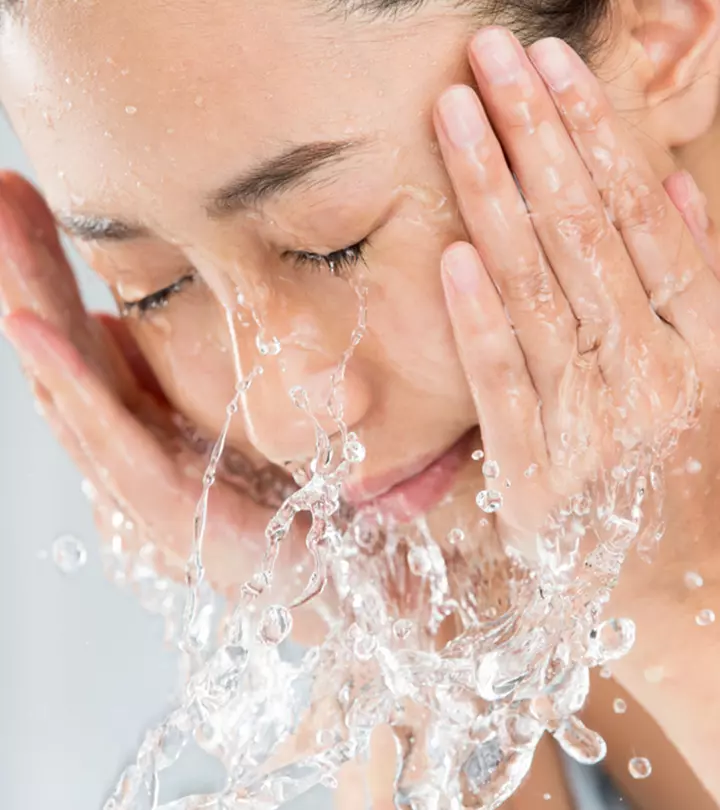
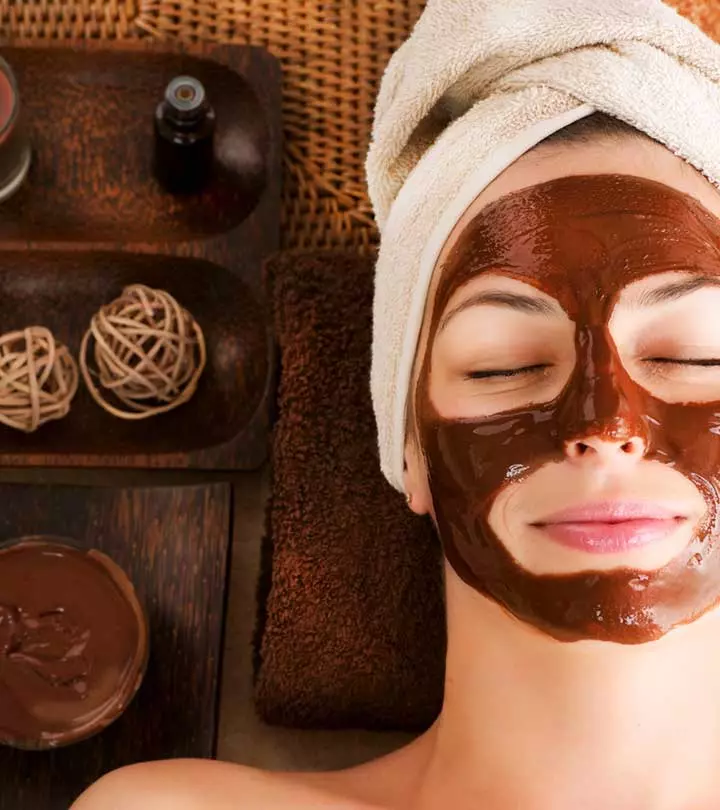
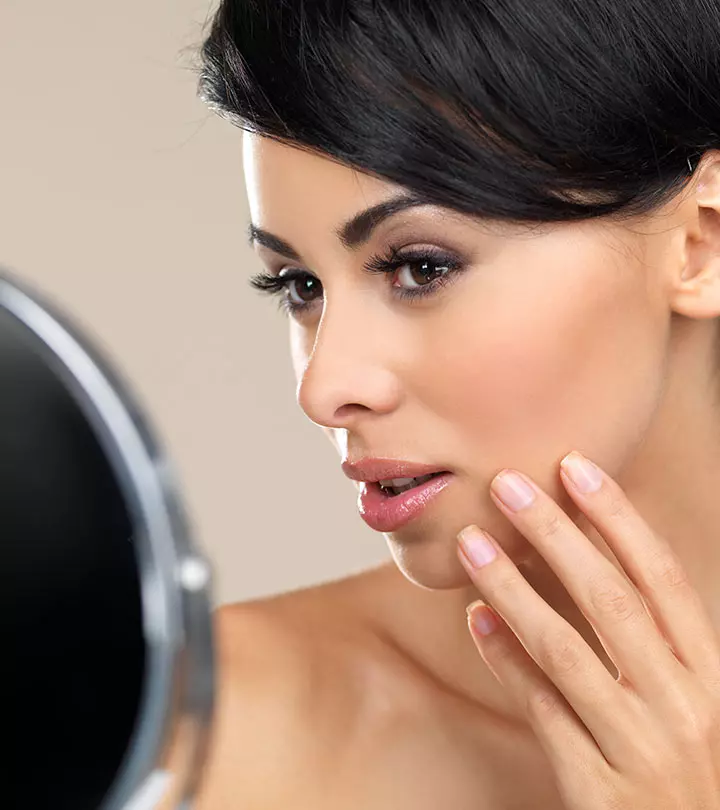

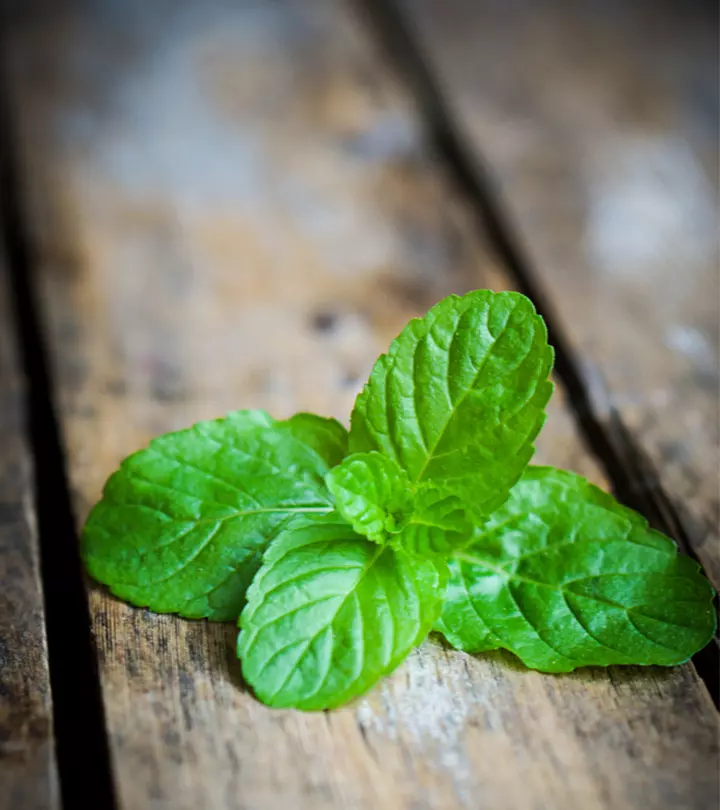




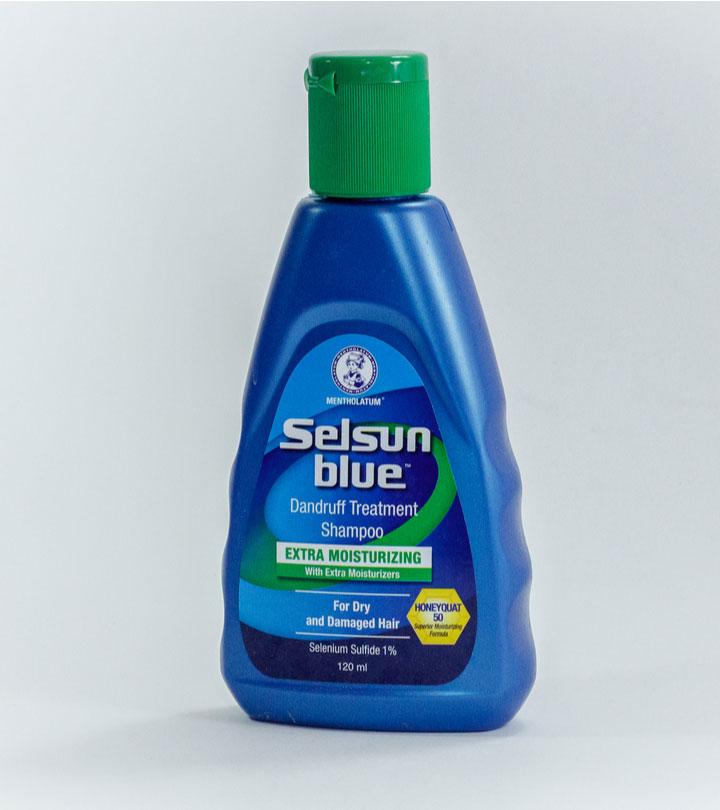


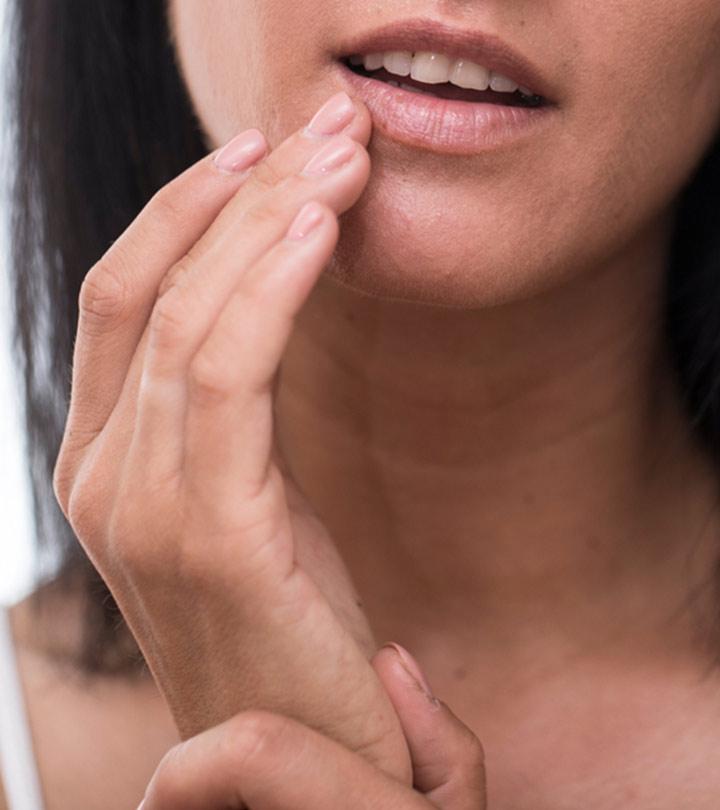
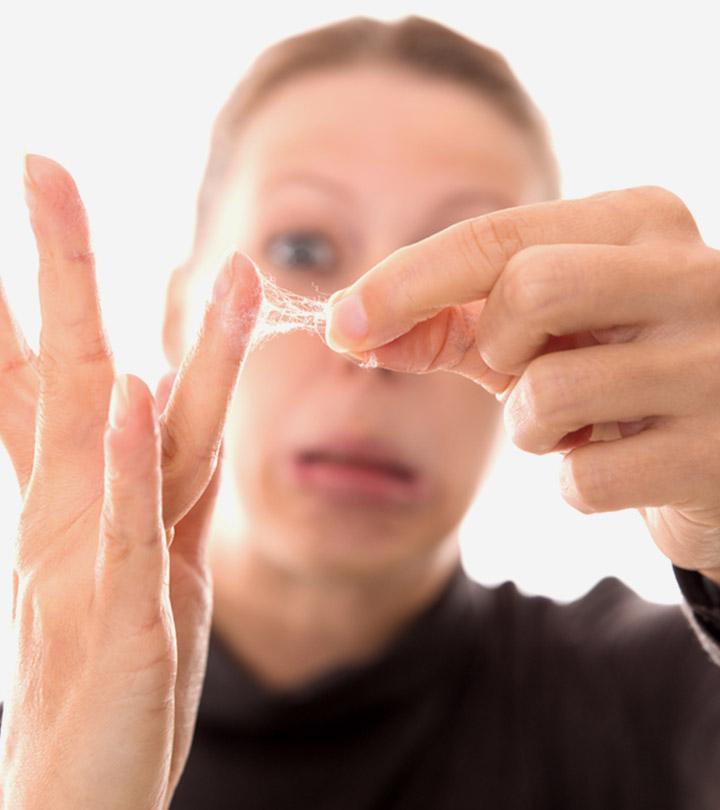

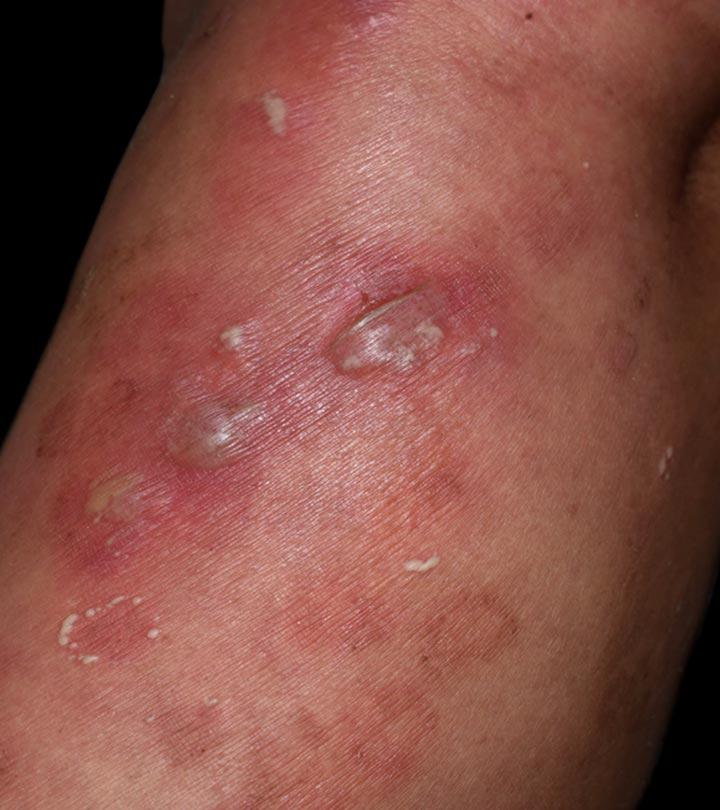

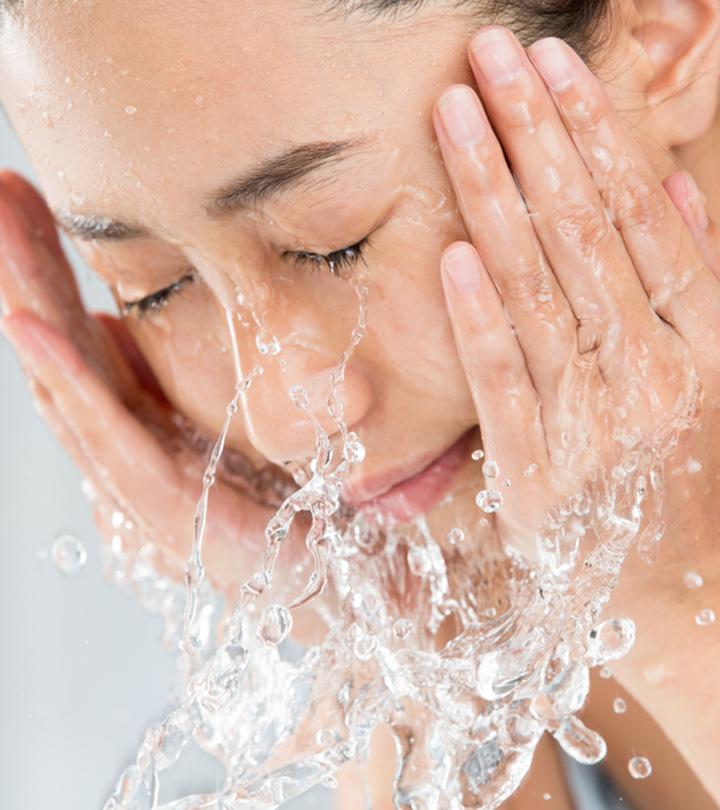
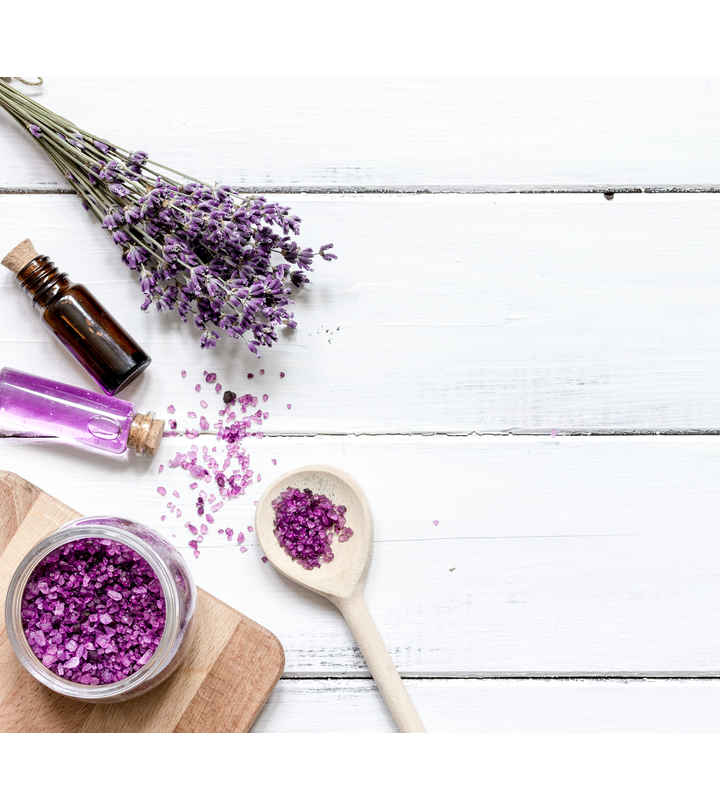
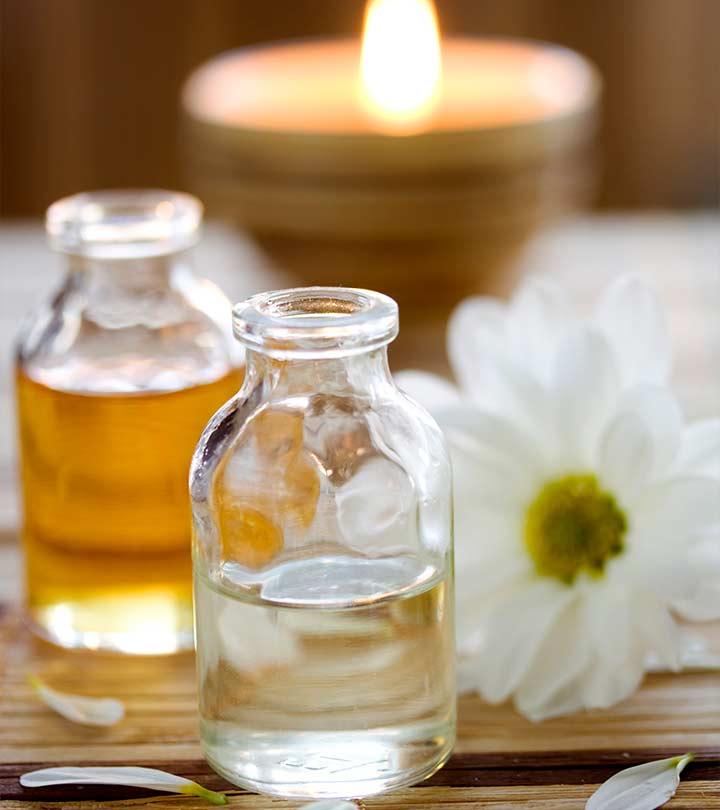
Community Experiences
Join the conversation and become a part of our empowering community! Share your stories, experiences, and insights to connect with other beauty, lifestyle, and health enthusiasts.